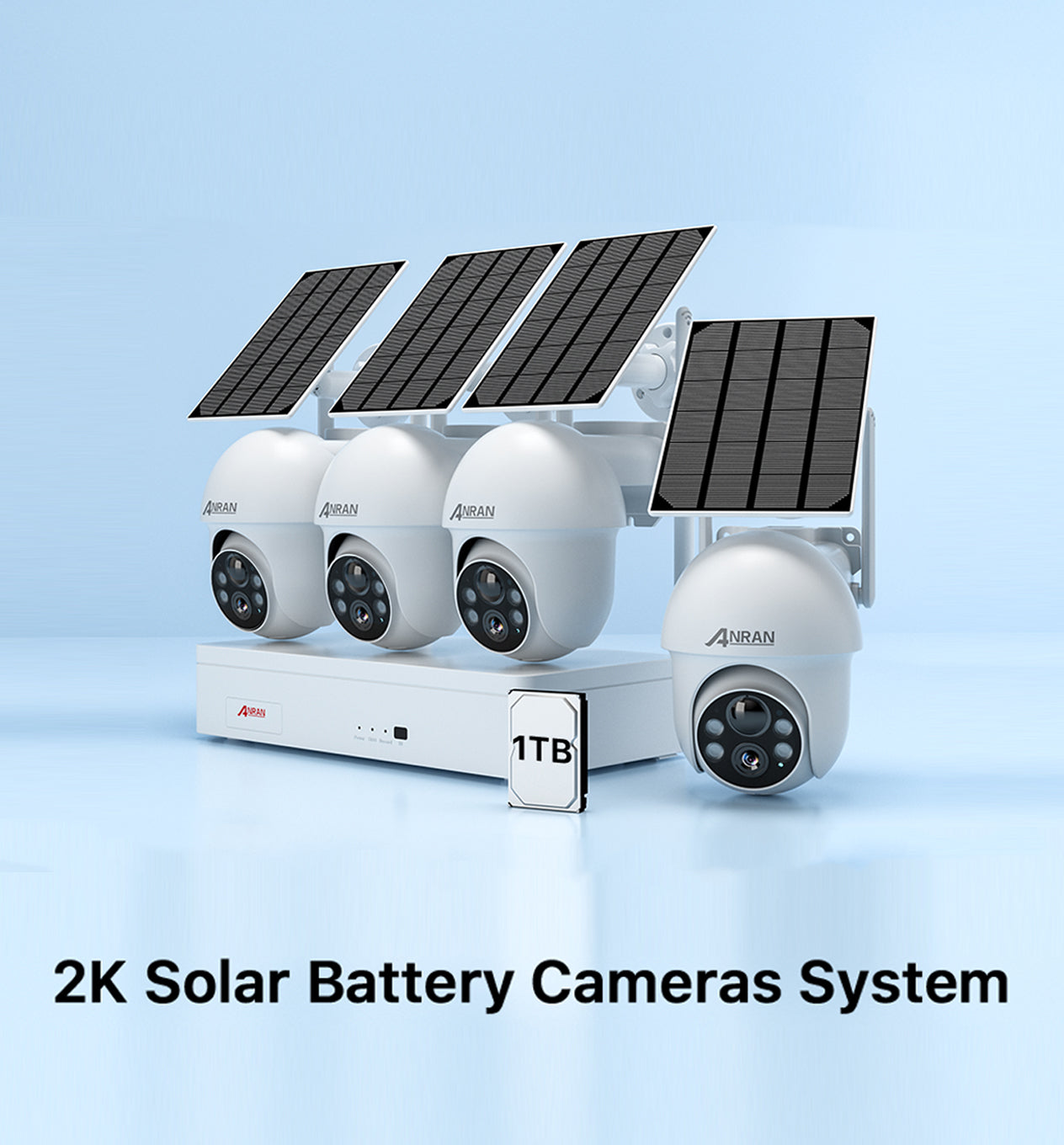Unlock the Secrets: Discover the Must-Know Facts About Security Camera Systems!
In an age where safety concerns are on the rise, security camera systems have become an essential part of our everyday lives, providing peace of mind to homeowners and businesses alike. These systems serve as a deterrent against criminal activities and help in monitoring our properties, ensuring that we feel secure in our environments. The purpose of this article is to enlighten readers about the various aspects of security camera systems, including the different types available, their key features, and the benefits they offer. By the end of this article, you will have a comprehensive understanding of security camera systems and how they can enhance your safety and surveillance efforts.

1. Understanding Security Camera Systems
A security camera system is a network of cameras and related equipment designed to monitor and record activities in a specific area. These systems play a crucial role in safety and surveillance by capturing video footage in real-time, which can be used for both preventive and investigative purposes. Basic components of a security camera system typically include cameras, a digital video recorder (DVR) or network video recorder (NVR), and sometimes a monitor for live viewing. The cameras can be connected through cables or wirelessly, allowing for flexible installation options. Additionally, many systems offer cloud storage solutions, enabling users to access footage remotely via their smartphones or computers. This accessibility and functionality make security camera systems an integral part of modern security strategies.
2. Types of Security Camera Systems
Security camera systems come in various types, each designed to meet specific needs and preferences. Understanding these types can help you make an informed decision when selecting a system for your home or business. The most common types include analog cameras, digital cameras, IP cameras, and wireless systems. Analog cameras are traditional systems that transmit video signals through coaxial cables, while digital cameras offer higher resolution and image quality. IP cameras use internet protocols to send and receive data, allowing for greater flexibility and remote access. Wireless systems eliminate the need for extensive wiring, making installation easier, but they may face interference issues. Each type has its unique features and use cases, which we will explore in detail below.
2.1. Analog Cameras
Analog cameras are often the go-to choice for traditional surveillance systems. They are typically less expensive and easier to install than their digital counterparts. However, they come with limitations, such as lower resolution and the need for physical cables for connection. Analog cameras work best in smaller areas where high-definition video is not a priority. My friend recently installed an analog system for her small retail store, and while it serves its purpose, she noted that the image quality could be better, especially in low-light conditions.
2.2. IP Cameras
IP cameras have gained popularity due to their superior image quality and advanced features. Unlike analog cameras, IP cameras can transmit data over a network, allowing for higher resolution images and the ability to connect multiple cameras without the need for extensive wiring. They often come with features like remote access, cloud storage, and advanced motion detection capabilities. A family member of mine uses IP cameras in their home, and they appreciate how easy it is to check on their property from anywhere, providing a sense of security while they are away.
2.3. Wireless Systems
Wireless security camera systems have revolutionized the way we think about surveillance. They offer easy installation and flexibility, as they do not require any physical cables. This means you can reposition cameras without hassle, making them ideal for dynamic environments. However, wireless systems can be susceptible to interference from other devices and may require a strong Wi-Fi signal to function effectively. A friend of mine had a wireless system installed at his home, and while he loves the convenience, he occasionally faces connectivity issues that can disrupt the video feed.
3. Key Features of Security Camera Systems
When choosing a security camera system, it's crucial to consider several key features that can significantly impact its effectiveness. First and foremost is resolution; higher resolution cameras provide clearer images, which can be vital for identifying individuals or details in a scene. Night vision capability is another essential feature, allowing cameras to capture footage in low-light conditions. Motion detection is also a valuable feature, as it can alert you to movement in monitored areas and reduce storage needs by only recording when activity is detected. Other important considerations include storage options—whether local or cloud-based—and remote access capabilities, enabling users to view live feeds and recorded footage from anywhere. By understanding these features, you can select a security camera system that best fits your needs.
4. Benefits of Installing a Security Camera System
Installing a security camera system offers numerous benefits that extend beyond mere monitoring. One of the primary advantages is crime deterrence; the presence of cameras can discourage potential criminals from targeting your property. Additionally, security cameras provide peace of mind, allowing homeowners and business owners to monitor their properties in real-time. They also play a crucial role in evidence collection, as recorded footage can be invaluable during investigations or insurance claims. For instance, a neighbor of mine had a theft incident, and thanks to their security cameras, they were able to provide clear footage to the police, aiding in the quick resolution of the case. Ultimately, investing in a security camera system enhances safety and security, making it a worthwhile consideration for anyone looking to protect their space.
Final Thoughts on Security Camera Systems
In conclusion, understanding security camera systems is essential for anyone looking to enhance their safety and surveillance measures. From recognizing the different types and features available to appreciating the significant benefits they offer, this knowledge empowers you to make informed decisions. Whether you run a business or simply want to secure your home, assessing your security needs and considering the installation of a camera system can lead to a safer environment. Embrace the technology available today and take proactive steps to protect your space with a reliable security camera system.








